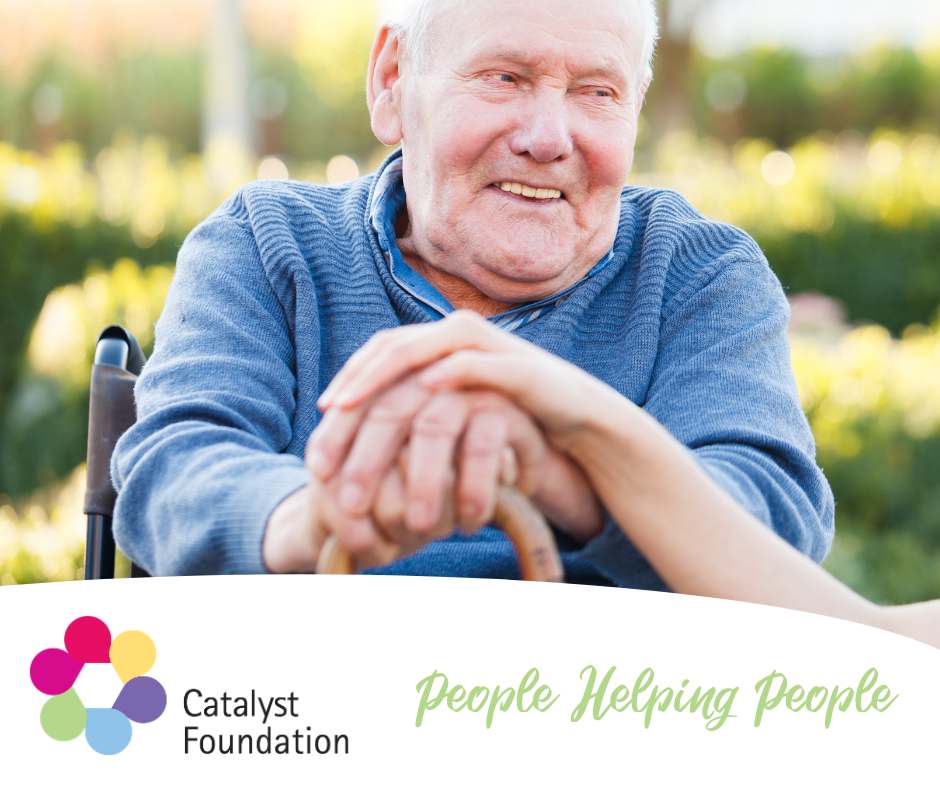Palliative Care

Palliative care is provided to people of all ages who are dying – from children to the elderly. The need for palliative care does not depend on any specific medical diagnosis, but on the person’s needs. Some common medical conditions of people requiring palliative care include: cancer, HIV/AIDS, motor neuron disease, muscular dystrophy, multiple sclerosis and end-stage dementia.
Palliative care services can be provided in the home, in nursing homes, palliative care units, and in hospitals. People who are dying need to be able to move freely between these places, in response to their medical care and support needs.
If you require any additional information or guidance with regards to palliative care, whether you are a patient, carer or family member, do not hesitate to contact Catalyst Foundation and we can discuss how we can help you.
Palliative care:
- regards dying as a normal process
- neither hastens nor postpones death
- provides relief from pain and other distressing symptoms
- offers support to help the family cope during the person’s illness, and in their own bereavement.
Families, as well as receiving support from the palliative care team, are themselves critical members of the team. In particular, where a person is cared for at home, the family usually provides a large proportion of the hands-on care.
Palliative Care South Australia
PCA (SA) is the umbrella body for regional hospice and palliative care organisations. The website provides information about palliative care for consumers and professionals, including other languages. There are also links to palliative care and other relevant services in South Australia.
CareSearch
Funded by the Australian Government’s Department of Health and Aged Care, the CareSearch website contains a wealth of information for patients, carers, families and GPs.
Palliative Care Australia
Palliative Care Australia is the national peak body established by the membership of eight state and territory palliative care organisations to address national palliative care issues, represent the area to the Federal Government and national media
